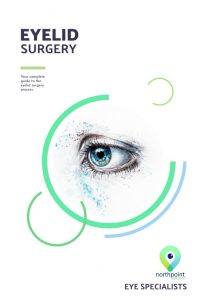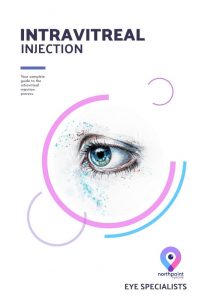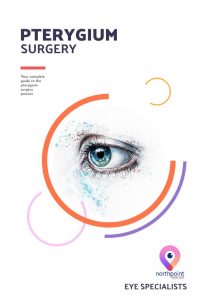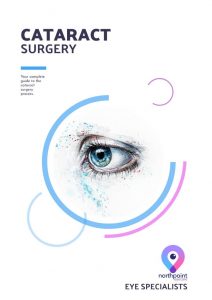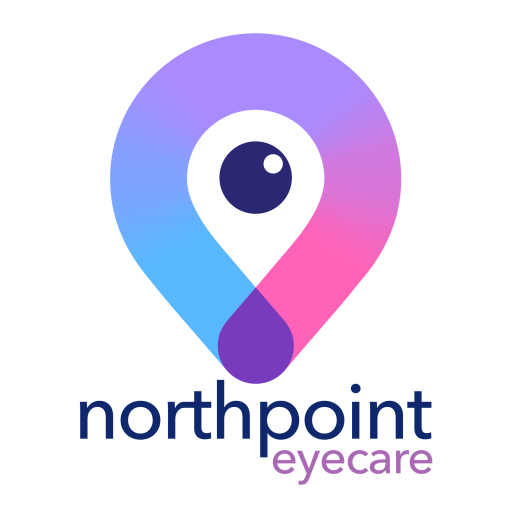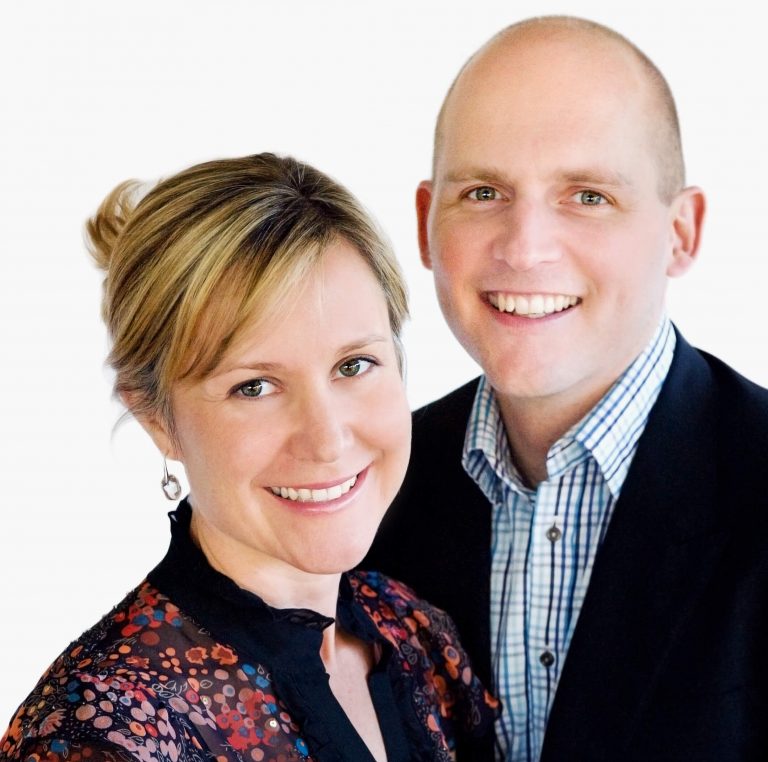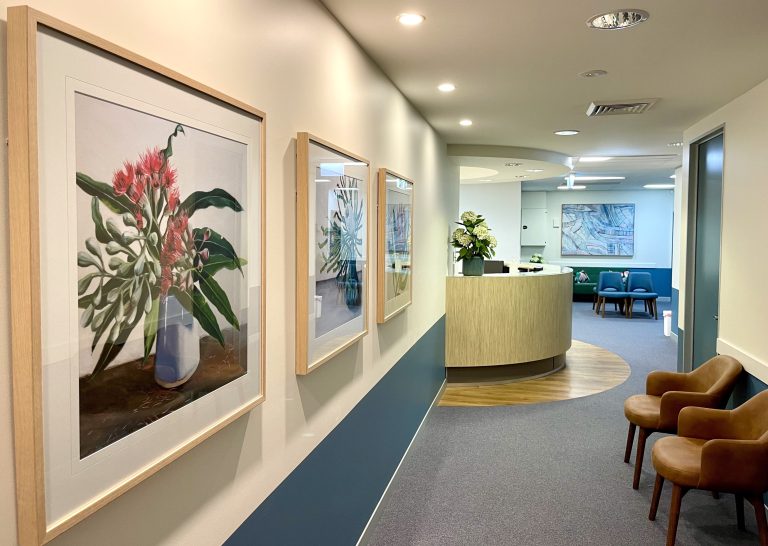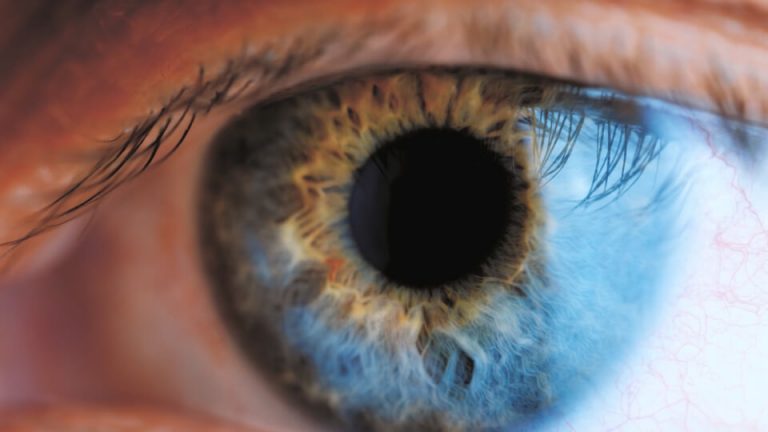Patient Information
Your consultation
We run a modern, secure, paperless practice to help the environment, to minimise waiting times and to ensure the highest level of care. We use the latest in electronic medical records, medical imaging and presentation techniques. We utilise the highly accurate Heidi Health transcription service to maintain accurate records. This system also ensures timely and effective communication with you and your referrers.
To maintain the best healthcare for you, your fellow patients and our staff, if you are unwell within 7 days of your clinic appointment, please notify our reception staff to arrange for your appointment to be rebooked at a later date.
Forms
We provide electronic forms for you to complete, preferably at home prior to your appointment, to save you waiting time, or within the clinic on your arrival. These forms can be completed on any device: computer, tablet or mobile phone. You can receive these forms via email or in the clinic there will be a QR code to scan.
What to bring with you
- Your most recent glasses
- Referral letter from GP, optometrist, family physician or another doctor
- Medicare card, DVA card, pension card
- A list of medications that you are taking or a health summary from your GP
- Your private hospital insurance information
- Copies of results, X-rays, MRI’s, CT scans and any other relevant information
Your appointment
You will be reminded of your appointment time beforehand, with an SMS.
When you arrive, please check in with our friendly reception staff. Your consultation will start with a review by one of our ophthalmic technicians. They will proceed to any diagnostic tests that you may require. You will then be seen by your ophthalmologist, who will be involved in every aspect of your care.
We value your time and we make every effort to run on schedule. However, some factors can cause some delays. For example, we occasionally have emergencies, or you may require a little more time or need unforeseen diagnostic tests, or you may need a minor procedure. Where possible, these are performed on the day of consultation. We apologise if we keep you waiting.
You should allow 60 to 90 minutes for your appointment. Please notify our staff if you have any concerns or have other appointments to get to.
Dilating drops
Your eyes may require dilating to enable a thorough examination of your eyes by the specialist. Drops are used to dilate your pupils and can take 20–30 minutes to take effect. These drops may last for a few hours, and will make your vision blurred and will exaggerate glare. If your pupils have been dilated then we would encourage you not to drive following your appointment for at least 3 hours. Sunglasses may help with symptoms of glare.
Transport
Where possible we recommend asking someone drive you to your appointment and especially to collect you after your appointment. Check with reception staff if you can drive yourself to the appointment when you make a booking.
Repeat prescriptions
In most cases repeat prescriptions will be provided during your consultation. These can be also obtained from your general practitioner, however, we are happy to provide these prescriptions when necessary, but please allow 72 hours for the doctor to forward these to you.
Cancellations
If you are unable to keep an appointment we would appreciate 24 hours notice so that we can offer your appointment time to a patient on our waiting list.
Referral
It is a requirement from Medicare that you have a current referral from either your doctor or optometrist, to claim the full Medicare Specialist rebate. In most cases a referral is only valid for a 12 month period. Our staff will notify you if a new referral is required and please note that referrals can not be back dated. For your convenience you can upload your referral into the online registration form.
Patient questions
If you wish to ask any questions about your treatment, please contact our staff at reception. They will be able to provide you with advice for minor concerns or queries. For more serious questions or concerns, please raise this with your doctor or ask reception staff to pass your message on to the doctor, who will contact you directly.
Billing information
You will receive an account at the end of your consultation and settlement is requested on the day. Payment can be made by cash, cheque, credit or debit card, or EFTPOS. We can submit your account directly to Medicare for you following your appointment, for your convenience, or you can claim your Medicare rebate in person at a local Medicare office.
At Northpoint Eye Care, we believe that informed financial consent is an integral part of your consultation and surgery. Once it has been determined that you require surgery, we will provide you with an estimate of fees, outlining the surgery costs including an approximation of out of pocket expenses. Of course, the exact procedure performed may change during an operation. As such, the estimate of fees is an approximation only and the final bill may be more or less than the initial estimate. There will be separate costs involved for the hospital. There will be a rebate on all these costs by Medicare, and/or your health fund and the difference will be provided to you. You will be billed separately by your Anaesthetist, however, we can also provide an estimate of these costs.
For emergency procedures, it may not be possible to provide a written estimate of fees, however, we will endeavour to provide you with as much information as possible.
Diagnostic tests
At Northpoint Eye Care we are happy to be able to provide sate-of-the-art diagnostic equipment that assists in the diagnosis, treatment planning and monitoring of your eye condition. Large screen monitors are provided in every consultation room to assist our doctors in communicating the results of all your tests, providing you with the information you require to understand your eye health and treatment.
Slit lamp and digital photography
Included in your consultation, we are able to photograph the front of your eye as we examine you at a microscope called the slit lamp. These images are projected on our large screens and recorded in your notes.
This and standard digital photography of your eyelids and any lesions surrounding your eyes is the best way of communicating with you about your condition and forms the best record possible.
Optical Coherence Tomography (OCT)
Optical Coherence Tomography or OCT is a test that uses light to create cross sectional images of the eye and has had major advances in the last five years. The images from the latest Zeiss Cirrus OCT machine, include high resolution and 3D images of the retina, as well as images of the blood vessels called angiography. This aids in the treatment of numerous retinal diseases, most commonly macular degeneration and diabetic retinopathy.
This machine also can assist in the management of corneal and other diseases in the front of the eye, with cross sectional images of the front third of the eye. Its use is invaluable in imaging the optic nerve with computerised analysis to aid in the detection and monitoring of glaucoma.
The test is easy to perform, placing your chin on the rest, looking into the lens of the machine. Unfortunately, despite being the gold standard for imaging the retina and the optic nerve, this test does not currently have a rebate from Medicare.
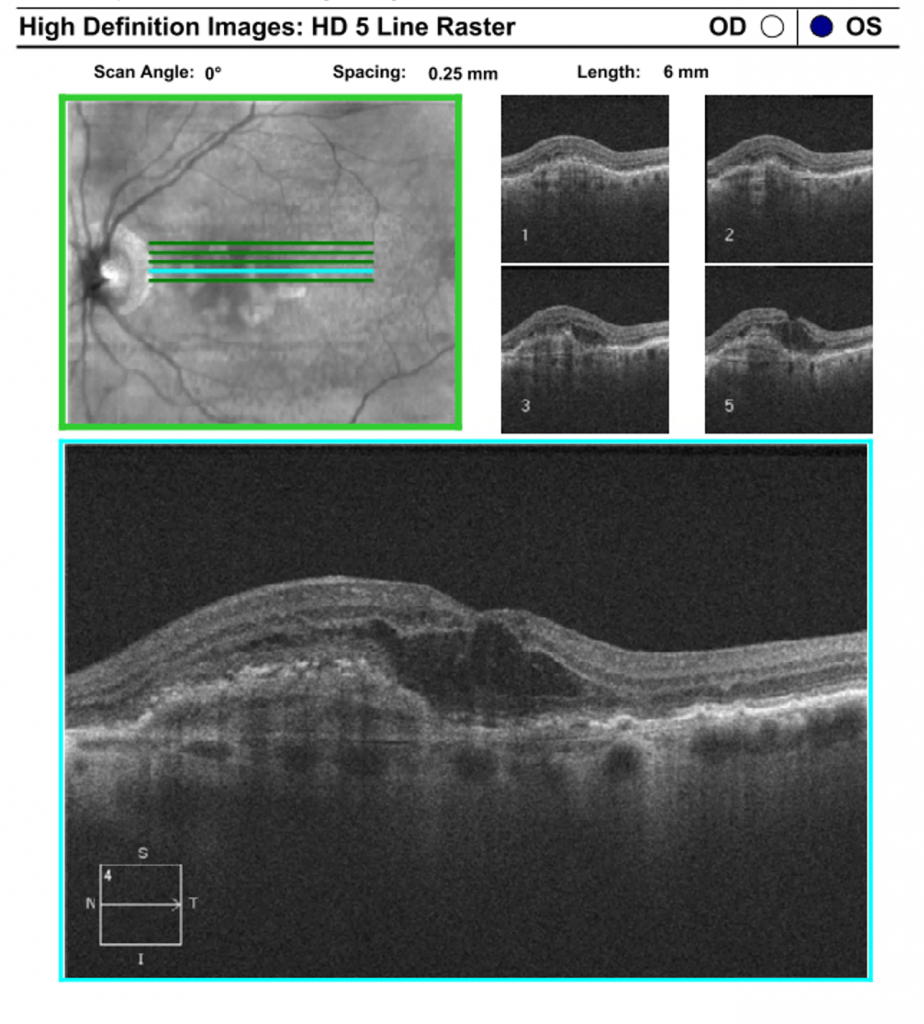
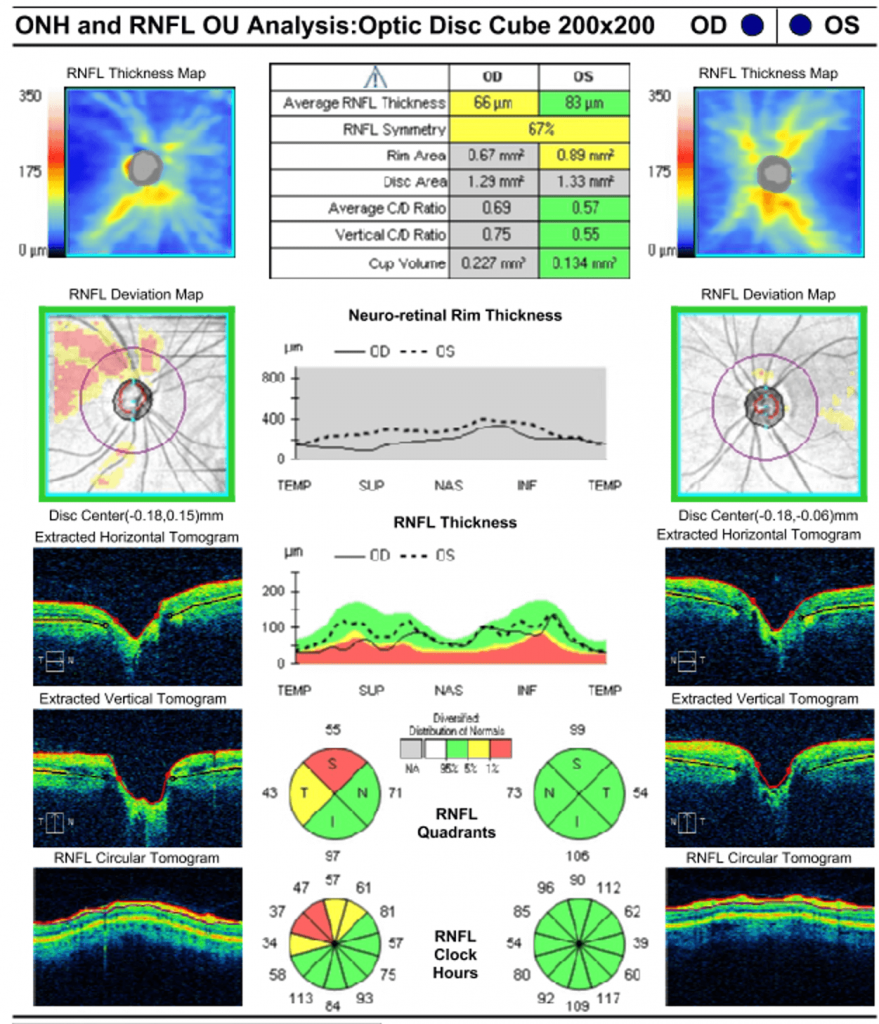
Retinal photography and angiography
Photographs of the retina and optic nerve are a vital adjunct to clinical examination and not only serve to better inform you about your condition, but provide the best way of recording and monitoring the back of your eyes. These images are automatically relayed into your consultation room to be interpreted and discussed with you.
In addition to this, the retinal camera can provide useful diagnostic information not visible with the naked eye. Fundus Fluorescein Angiography (FFA) is a technique for imaging the blood vessels that supply the retina and other structures in the eye. These pictures can be used in the diagnosis and treatment of macular degeneration, diabetic retinopathy, and other retinal disorders. FFA uses a fluorescent dye that is injected into a vein in your arm and then a series of flash photographs are taken. Most people have no problems with the injectable dye, however, there may be rare side effects including allergy. The risks and benefits of using this test will be discussed with you during your consultation. With the latest OCT scan used at Northpoint Eye Care, often this test can be avoided.
Photographs using special filters include Fundus Autofluorescence (FA). This is another test to diagnose macular and optic nerve conditions that uses a similar technique as above, but without the dye.
These tests do attract additional charges and our staff will inform you of these, usually prior to your consultation.
FFA has a claimable rebate from Medicare, however, photographs unfortunately do not.
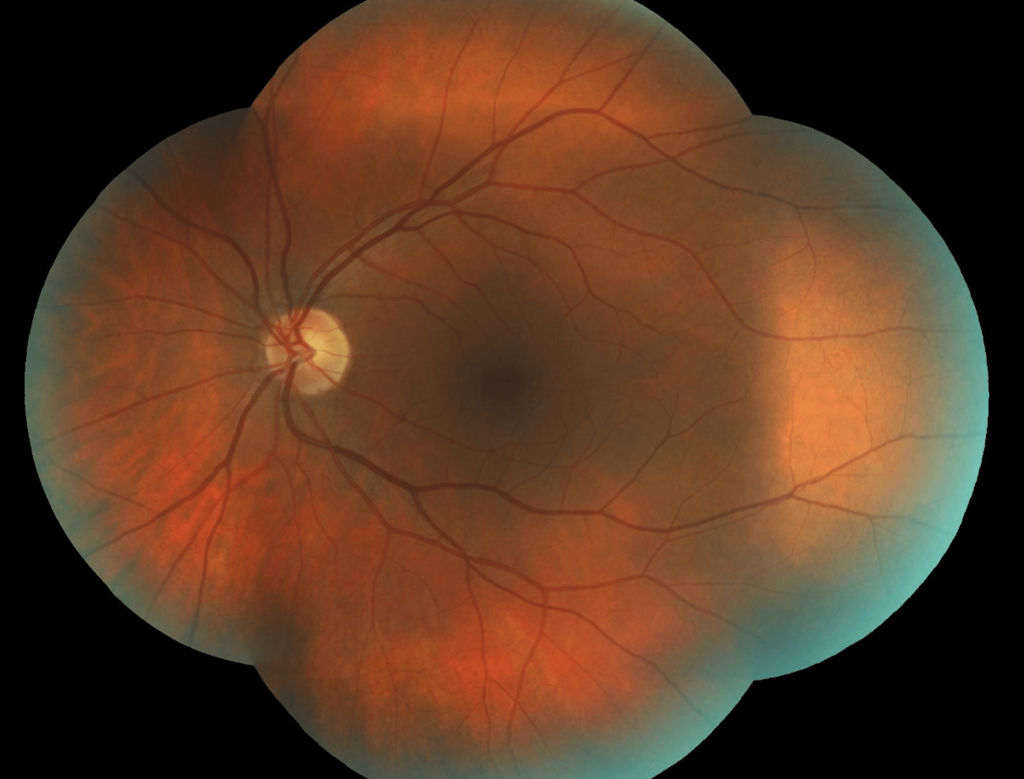
Visual Field Test
This examination is performed on a machine called the Humphrey Visual Field Analyser. It is commonly referred to as Computerised Perimetry (CP), or just as a field test. It is most frequently used as a test of your peripheral vision. This can be affected by disorders of the eye, optic nerve and the pathways of the visual signals in your brain. The most common disorder affecting your peripheral vision is glaucoma.
The test takes a few minutes, is simple to perform, and is easier on repeated examinations. It involves detection of a series of faint lights projected onto an evenly lit projection screen, in the shape of a bowl. Your chin is placed on a chin rest and one of your eyes is covered with a patch to do so. One of our staff will guide you through the process and the test will be interpreted by your doctor in the consultation.
Computerised perimetry has a claimable rebate from Medicare.
Biometry
One of the most crucial aspects of cataract surgery is the prediction of the power of the intraocular lens that is to be placed into the eye. We have the latest version of the gold standard, Zeiss IOL Master biometer and an additional ultrasound biometer when required for very severe cataracts.
This test is easy to perform and involves no contact with the eye. With your chin on the chin rest, your technician will guide you through the process to ensure the most accurate measurements.
The lens choice will be discussed with you in the consultation to ensure the lens that most suits your needs is selected.
Biometry has a claimable rebate from Medicare.
Refraction
This is the process of determining the ‘power error’ in your eye, or putting it another way, measuring your need for glasses. It is useful to compare this measurement to the latest refraction performed by your Optometrist. You are best to bring you old glasses to help to compare this as well. There is no additional charge for this test.
Tonometry
This is a test of the pressure of your eye and will be performed by your doctor in the consultation or by one of our technicians prior to seeing the doctor. This painless test is most commonly used to monitor, and screen for glaucoma, one of the leading causes of visual disability in Australia and the world. There is no additional charge for this test.
Pachymetry
This test measures the thickness of your cornea, the clear outer layer at the front of the eye. It is either performed by the OCT machine or by a hand held device after local anaesthetic drops. This is useful in various diseases and degenerations of the cornea, as well as in the diagnosis and treatment of glaucoma. There is no additional charge for this test.
E-BOOKS
